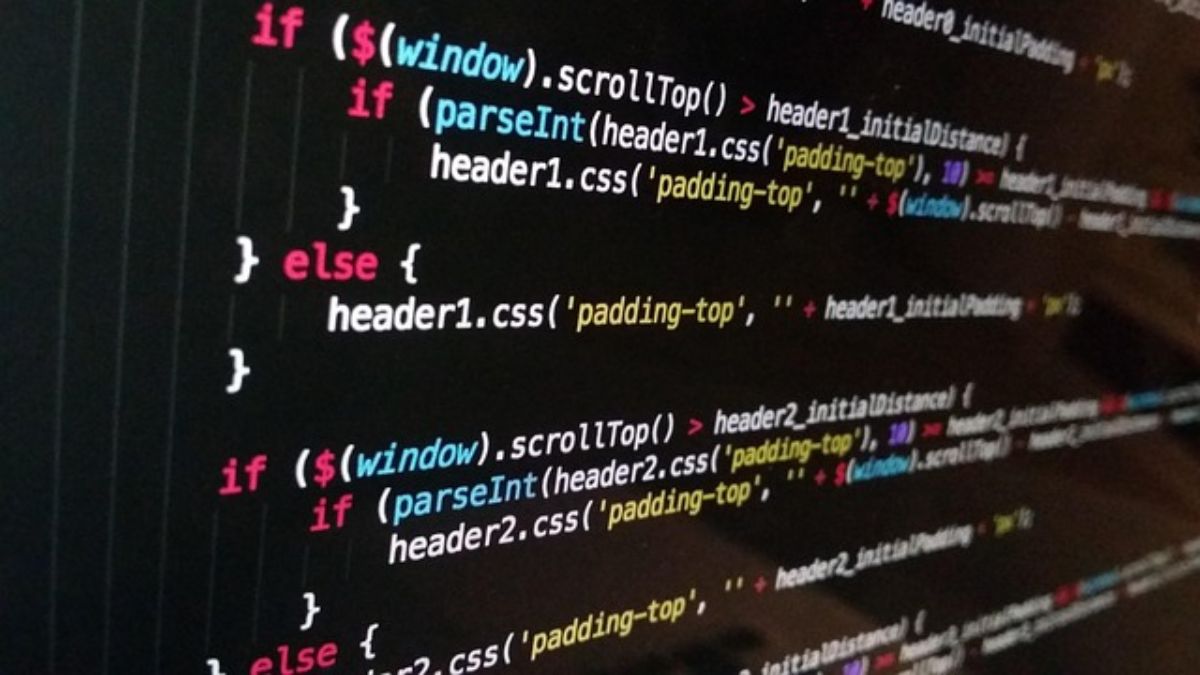“Vibe coding”, a new approach to software development that uses artificial intelligence to turn natural language into computer code, has been named Collins Dictionary’s Word of the Year for 2025.
According to the dictionary’s editors, the term reflects how AI is transforming the way people create and communicate, even in fields once reserved for experts.
Lexicographers at Collins, who track language trends using the 24-billion-word Collins Corpus sourced from newspapers, magazines, websites and social media, said they saw a sharp rise in the use of “vibe coding” since it first appeared in February this year.
Here’s what the term really means.
What is vibe coding?
“Vibe coding” is all about using everyday language to tell artificial intelligence what you want it to build, instead of typing out complex lines of code yourself.
The term was coined in February 2025 by Andrej Karpathy, former AI director at Tesla and a founding engineer at OpenAI. He used it to describe how AI allows people to “forget that the code even exists” while creating new apps or tools.
In simple terms, you might just type a request like “make me a program that schedules my weekly meals” — and the AI does the coding part for you. It means anyone, even without a background in programming, can now create basic digital tools.
Of course, “vibe coding” isn’t flawless. More advanced projects still need skilled developers, and there’s no promise that the AI-generated code will work perfectly or be bug-free.
Alex Beecroft, Managing Director at Collins, said the term “perfectly captures how language is evolving alongside technology. It signals a major shift in software development, where AI is making coding more accessible.”
“The seamless integration of human creativity and machine intelligence demonstrates how natural language is fundamentally changing our interaction with computers,” he added.
The term was among 10 words shortlisted by Collins Dictionary to reflect the ideas, moods and trends shaping 2025.
Also read: What is ‘brain rot’, the Oxford Dictionary’s Word of the Year?
‘Clanker’, ‘broligarchy’: What are some other words selected by Collins dictionary?
Alongside “vibe coding”, Collins Dictionary also revealed a list of other standout words that capture the tone and trends of 2025.
One of them is “biohacking”, which refers to altering your body’s natural processes in an effort to boost health or extend longevity.
Another is “clanker”, a slang term that took off online as a derogatory label for robots, computers or AI systems. Originally popularised by Star Wars: The Clone Wars, the word has since gone viral on social media, often used by people venting frustration or distrust toward chatbots and AI platforms.
Also on the list is “glaze”, which describes the act of praising or flattering someone excessively or undeservedly, a word that’s found its way into everyday online slang this year.
Then there’s “aura farming” , the art of deliberately curating a unique, charismatic persona, or simply put, the skill of looking cool. It began in gaming circles but exploded in popularity after the viral “boat kid” video that sparked a dance trend followed by celebrities, including American football player Travis Kelce.
Tech billionaires made their mark on the list too, with the word “broligarchy”, a nickname for powerful “tech bros” who attended Donald Trump’s inauguration and are seen as holding outsized influence in global technology and politics.
The dictionary also recognised “Henry”, short for “high earner, not rich yet”, describing people who make good money but don’t feel wealthy.
Other lifestyle-inspired words include “coolcation”, meaning a holiday in a cooler climate (a growing trend amid rising global temperatures), and “taskmasking”, which refers to pretending to be productive at work while doing very little.
Finally, there’s “micro-retirement”, used to describe taking a break between jobs to focus on personal passions or hobbies, rather than waiting until the end of one’s career to slow down.
With input from agencies
)